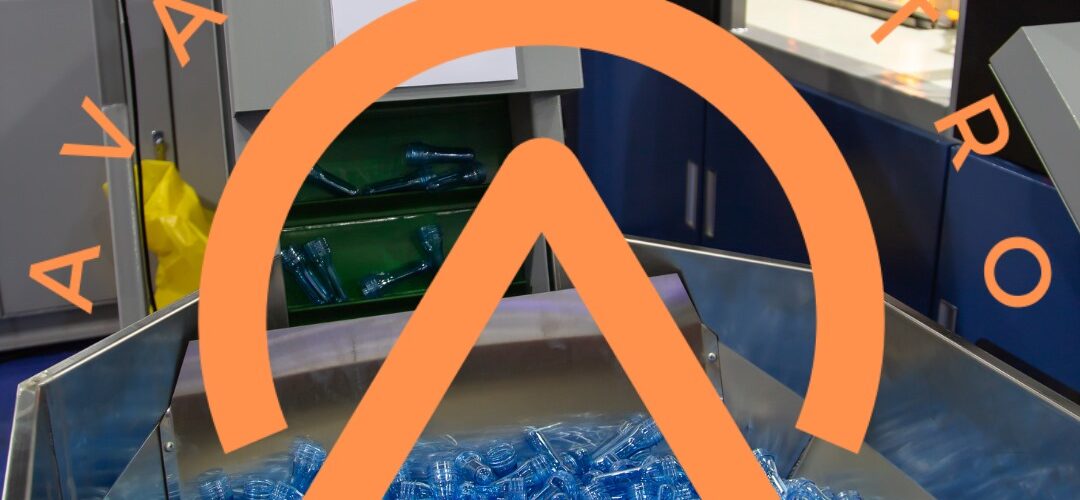Unlocking the Potential of Plastic Raw Material: Understanding Tensile Strength
Plastic raw material is a cornerstone of modern manufacturing, finding its applications in a myriad of industries, from automotive to packaging. Among the crucial characteristics defining the quality and utility of plastic is its tensile strength. In this comprehensive guide, we delve deep into understanding what tensile strength entails, its significance, testing methods, and factors influencing it.
What is Tensile Strength?
Tensile strength refers to the maximum amount of tensile stress a material can withstand without breaking. In simpler terms, it’s the ability of a material to resist being pulled apart by opposing forces acting along its length. For plastic raw material, tensile strength is a critical mechanical property that determines its durability and suitability for various applications.
Significance in Plastic Raw Material
In the realm of plastic manufacturing, the tensile strength holds immense significance. It directly influences the performance and longevity of end products. Materials with high tensile strength exhibit better resistance to stretching and tearing, making them ideal for applications requiring durability and reliability, such as structural components in construction or automotive parts.
Testing Methods
Several standardized methods are employed to determine the tensile strength of plastic raw material. Among the commonly used techniques are:
- Tensile Testing
Tensile testing involves subjecting a sample of the material to controlled tensile stress until it fractures. This process allows for the measurement of various properties, including ultimate tensile strength, yield strength, and elongation at break.
- ASTM Standards
The American Society for Testing and Materials (ASTM) has established specific standards for conducting tensile tests on plastic materials. These standards ensure consistency and accuracy in testing procedures, facilitating reliable comparisons between different materials and manufacturers.
- ISO Methods
The International Organization for Standardization (ISO) also provides guidelines for testing the tensile properties of plastics. ISO standards complement ASTM protocols, offering a global framework for quality assurance and product evaluation.
Factors Influencing Tensile Strength
Several factors can impact the tensile strength of plastic raw material, including:
- Molecular Structure
The molecular arrangement of polymers greatly influences their mechanical properties, including tensile strength. Crystalline polymers tend to exhibit higher tensile strength compared to amorphous counterparts due to their ordered molecular structure.
- Additives
The addition of fillers, reinforcements, or plasticizers can alter the tensile properties of plastic materials. Fillers like glass fibers or carbon nanotubes can enhance strength and stiffness, while plasticizers may improve flexibility but reduce overall strength.
- Processing Conditions
Factors such as temperature, pressure, and cooling rate during the manufacturing process can affect the molecular alignment and crystallinity of the material, consequently influencing its tensile strength.
- Environmental Factors
Exposure to environmental conditions such as heat, moisture, and UV radiation can degrade the mechanical properties of plastic over time, including tensile strength.
Conclusion
Understanding the concept of tensile strength and its significance in plastic raw material is essential for manufacturers and designers alike. By comprehending the factors influencing tensile properties and employing appropriate testing methods, stakeholders can ensure the production of high-quality plastic products that meet the demands of diverse applications.
Written by Emir Narin

